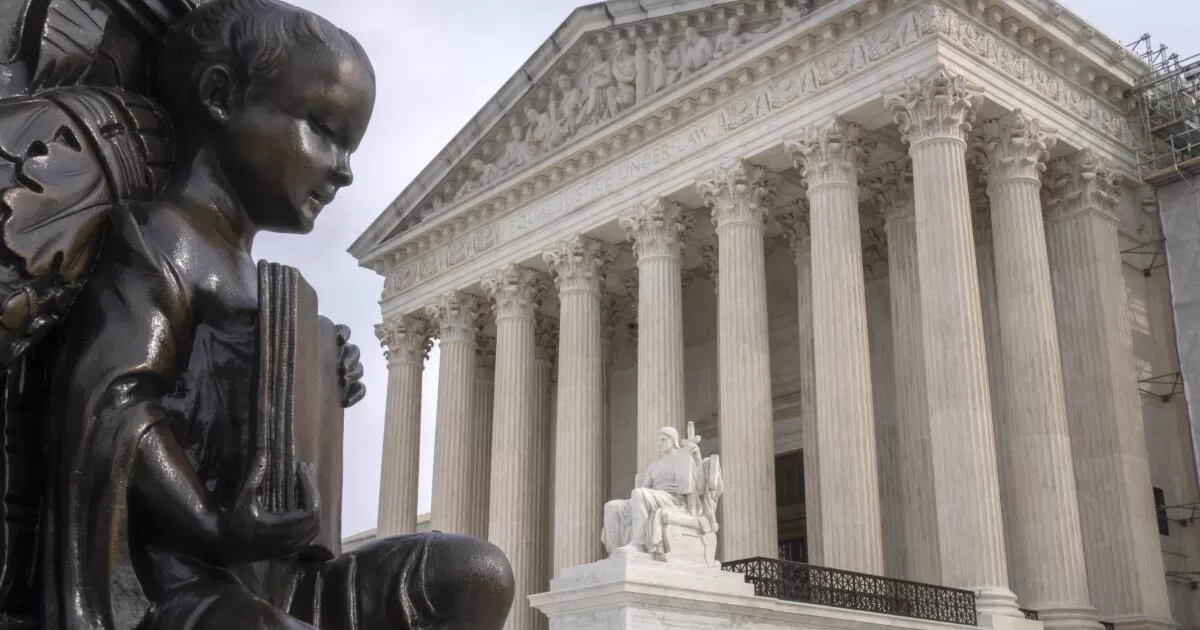The Supreme Court refused Monday to hear appeals from ride-hailing companies Uber and Lyft, which were asking to block California state labor lawsuits that seek back pay for tens of thousands of drivers.
Without comment, the justices turned down appeals from both companies. At issue, they said, was the scope of the arbitration agreements between drivers and the companies.
A state appeals court ruled last year that state labor officials are not bound by arbitration agreements which they did not sign or support.
In their appeal to the Supreme Court, lawyers for Uber and Lyft, joined by a coalition of California employers, contended the Federal Arbitration Act overrides state laws and blocks broad lawsuits seeking money for employees who had agreed to arbitrate claims as individuals. They said the case “represents California’s latest attempt to create a loophole” in the law.”
Four years ago, California Atty. Gen. Rob Bonta and Labor Commissioner Lilia Garcia-Brower sued the ride-hailing companies for the “misclassification of drivers as independent contractors” rather than as employees.
This left “workers without protections such as paid sick leave and reimbursement of drivers’ expenses, as well as overtime and minimum wages,” Garcia-Brower said at the time. The suit sought money “for unpaid wages and penalties owed to workers which will be distributed to all drivers who worked for Uber or Lyft during the time period covered by the lawsuits.”
The lawsuit continued even after voters approved Proposition 22 in 2020 to uphold the authority of companies to classify drivers as independent contractors.
Last year, the state appeals court in San Francisco ruled the state lawsuits may proceed because the state officials did not agree to be bound by the arbitration agreements.
“The people and the labor commissioner are not parties to the arbitration agreements invoked by Uber and Lyft,” said Justice Jon Streeter for the California court of appeals. He said the state officials are not suing on behalf of drivers, but instead enforcing the state’s labor laws.
“The relevant statutory schemes expressly authorize the people and the labor commissioner to bring the claims (and seek the relief) at issue here,” he said. “The public officials who brought these actions do not derive their authority from individual drivers but from their independent statutory authority to bring civil enforcement actions.”
In January, the state Supreme Court refused to hear an appeal. Uber and Lyft then asked the U.S. Supreme Court to weigh in.
In recent years, the conservative high court has regularly clashed with California judges over arbitration and ruled for businesses that sought to limit lawsuits.
Two years ago, the justices struck down part of state law that authorized private attorneys to sue on behalf of a group of employees, even though they had agreed to be bound by individual arbitration.
The California Employment Law Council, which represents about 80 private employers in the state, had urged the court to hear the Uber case and rule that the state may not sidestep arbitration agreements.
“The California courts have been clear. They don’t like arbitration,” said Paul Grossman, a Los Angeles lawyer with the Paul Hastings firm who represents private employers.”
